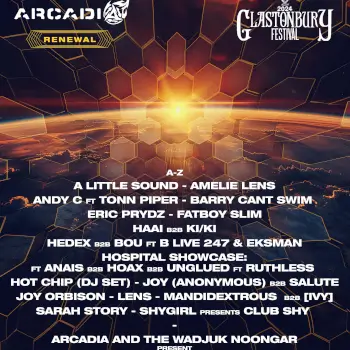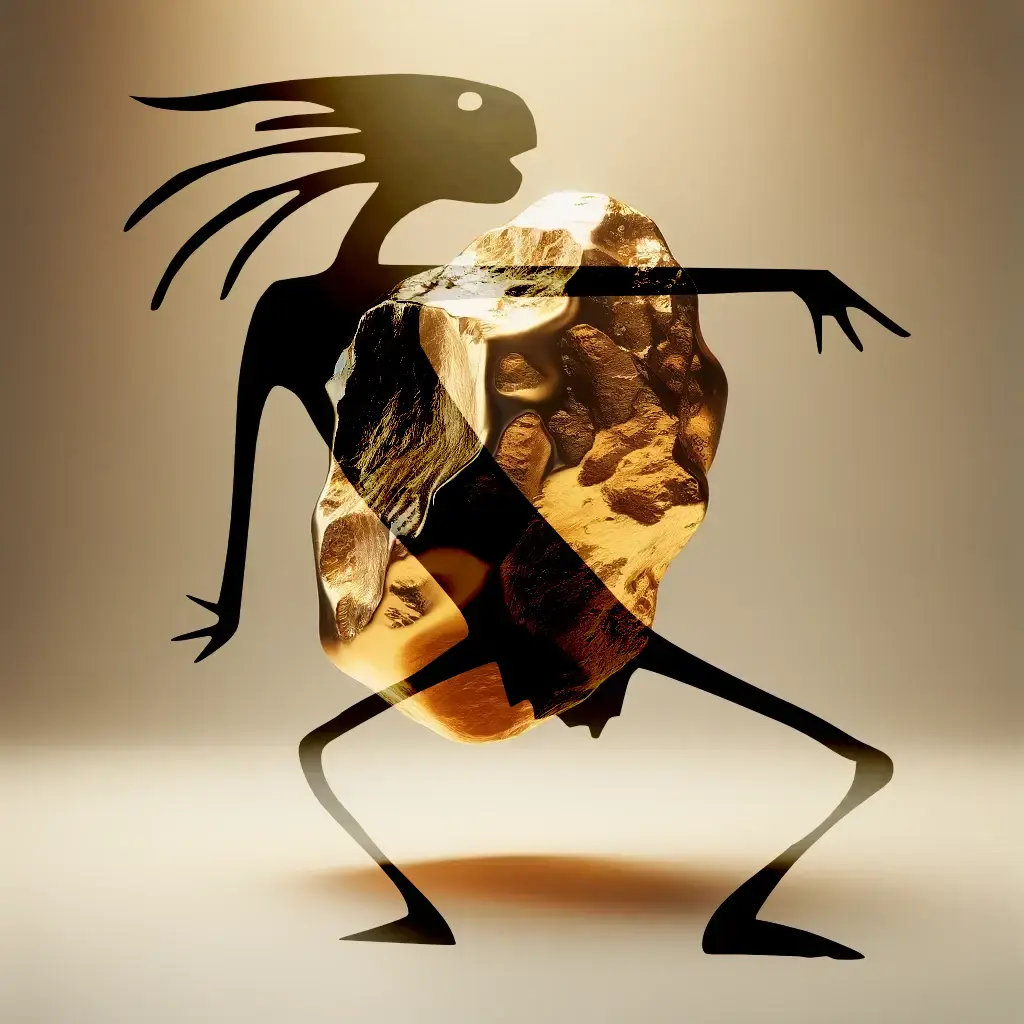-
Recently Browsing 0 members
- No registered users viewing this page.
-
Latest Activity
-
We got the coach from London last year leaving at 5am. I’ve just checked messages from the time and we were on site and set up by 10:23, first can cracked. The driver didn’t stop on the way down but we had to contend with traffic leaving London. We gave our tent to friends who kindly set it up and we camped in Michael’s Mead. I reckon it’ll be quieter at 1pm leaving LDN than it was for us.
-
By eivomracsy · Posted
the footage they posted looked like last year, where vip was the full lenght inclusing square i added. didnt see the other part in the video, but it was a few days ago. unfortunately the instagram story is not available anymore -
By steviewevie · Posted
yes, the letter was stupid, but she has apologised etc. Anyway, looks like she has the whip restored, but they don't want her to stand. -
I mean surely after the 12 months we have just had it could only be the wettest summer for 1 year?
-
-
Latest Festival News
-
Featured Products
-

Monthly GOLD Membership - eFestivals Ad-Free
2.49 GBP/month
-
-
Hot Topics
-
Latest Tourdates


.thumb.jpg.38629aee458135d70760ec737629cb60.jpg)












Recommended Posts
Join the conversation
You can post now and register later. If you have an account, sign in now to post with your account.